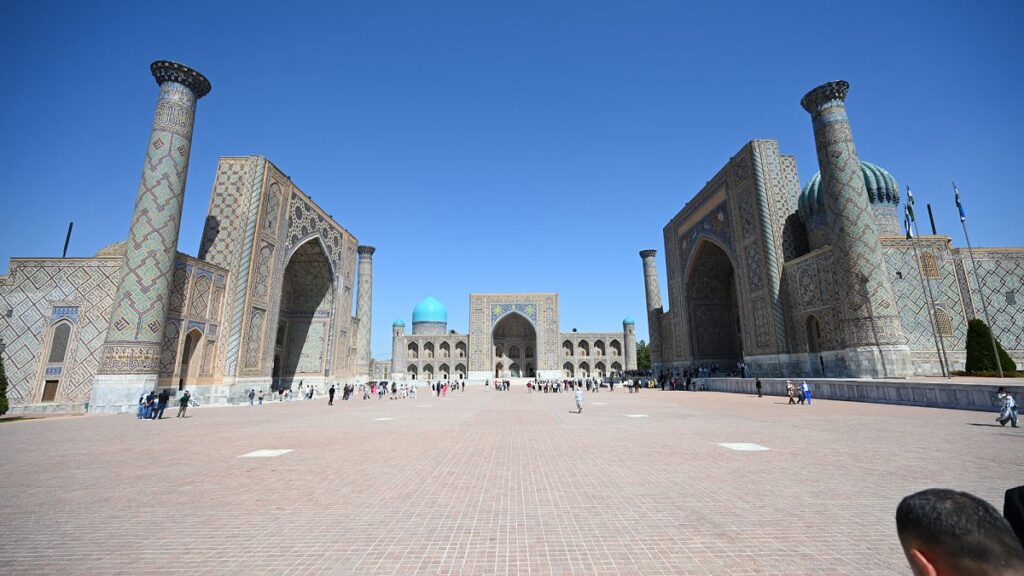The article discusses the challenges of climate change facing Central Asia, particularly rising temperatures and dwindling water resources. The Samarkand Climate Forum, an annual event following the Central Asia-European Union Summit, highlighted the importance of collaboration between Central Asian nations and the EU to address these critical issues. The forum featured high-profile leaders, including the presidents of the five Central Asian countries and EU leaders, who emphasized the need for strategic partnerships focusing on climate action, water management, and energy security.
Uzbekistan’s President Shavkat Mirziyoyev stressed the pressing challenges in the region, including food insecurity caused by land degradation and a rapidly growing population. He advocated for combining scientific efforts to enhance adaptation in agriculture and forestry while highlighting EU programs aimed at improving food security and climate resilience in the region.
EU leaders, including Council President Antonio Costa and European Commission President Ursula von der Leyen, reiterated their commitment to supporting Central Asia’s fight against climate change, particularly through investments in clean energy and sustainable projects like the regeneration of the Aral Sea Basin. They also discussed various initiatives, such as tree planting and local water management strategies.
The forum showcased a collaborative spirit among Central Asian nations and the EU to confront these pressing environmental challenges, marking a hopeful step towards sustainable development and climate resilience in the region.
Source link


